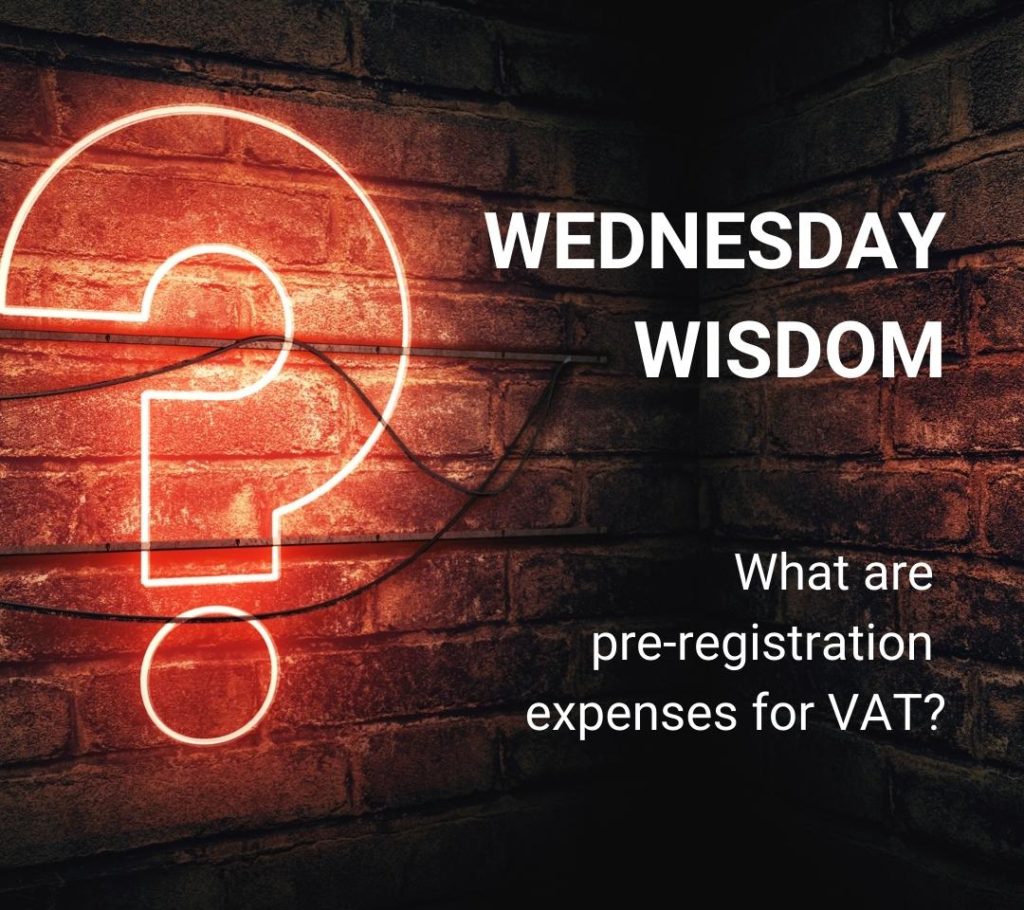Last week there were further changes made to the Job Support Scheme. The changes announced should bring more flexibility to the JSS and reduce costs to employers for employees working fewer hours due to the coronavirus pandemic.
The key changes are:
- the employer contribution to the wage cost of unworked hours is reduced to 5%,
- the minimum number of hours the employee will have to work is reduced to 20%, rather than 33%, so those working just one day a week will now be eligible.
Some of the detail:
- The grant must be used to pay the employee. For every hour not worked by the employee, they will be paid a total of two-thirds of the usual hourly wage for that employee, up to a cap.
- Employers will pay 5% of non-worked hours, capped at £125 per month, and NICs and automatic enrolment pension contributions in full as a contribution. Employers can top up employee’s wages above the 5% contribution at their own discretion.
- The Government will contribute 61.67% of non-worked hours, capped at £1,541.75 per month.
- When combined with the minimum hours requirement, this means that employees on the scheme will receive at least 73% of their wages, where their usual wages do not exceed the reference salary.
- Grant payments will be made in arrears, reimbursing the employer for the Government’s contribution. The grant will not cover Class 1 employer NICs or pension contributions, although these contributions will remain payable by the employer.
- “Usual wages” calculations will follow a similar methodology as for the Coronavirus Job Retention Scheme. Full details will be set out in guidance shortly. Employees who have previously been furloughed, will have their underlying usual pay and/or hours used to calculate usual wages, not the amount they were paid whilst on furlough.
- Employers must pay employees their contracted wages for hours worked, and the Government and employer contributions for hours not worked.
- Employees will be able to cycle on and off the scheme and do not have to be working the same pattern each month, but each short time working arrangement must cover a minimum period of seven consecutive days.
The scheme will run for six months from 1 November 2020. Employers will be able to make a claim online through Gov.uk from 8 December 2020. They will be paid on a monthly basis.
Employers will continue to receive the £1,000 Job Retention Bonus.
The Job Support Scheme Closed, for businesses legally required to close, remains unchanged.
For more information on the changes to the JSS for open businesses read HMRC’s new factsheet.
HMRC has also published a policy paper on the JSS
If you require any further help or assistance. Please get in touch with a member of the WardWilliams Creatives.







